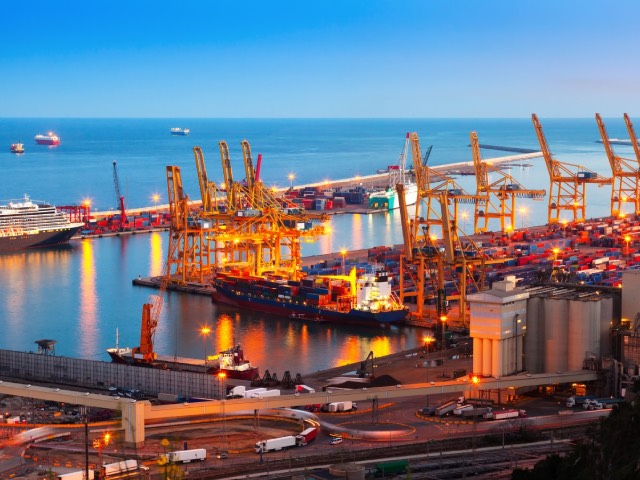Our Innovative Research Project Wins NOK 8 Million in Funding
Accelerating Sustainability and Digitalisation
Innovation Norway grants 8 million NOK to Dataloy Systems AS, for an innovative research project: Reduce emissions and increase capacity utilisation through optimised maritime logistics. This will help the commercial maritime industry in its course towards digitalisation and innovation.
Contributing to making the shipping industry more environmentally friendly has been a priority for us for many years. Our focus has been on how to adopt technology to not only make shipping more efficient but also reduce emissions, optimise resource usage, and make sustainability a priority.
By gathering data across capacity, storage and port operations that impact the supply chain and carbon footprint, we can incorporate information more visually and concretely to understand the impact these inputs have on assets, ballast, KPIs, and more. From there, customers can evaluate sustainable alternatives and construct the most intelligent decisions that reduce emissions.
The funding supports research for a three year period in the areas of:
- Cargo Scheduling
- Emission Control and Improvement
- Capacity and Storage Forecasting and Planning
- Traceability from Decision to Result
- Optimisation and Planning Algorithms
- Optimisation of Port Operations
- Support of the Customer’s Digitalisation Process
The research project aims to provide tools for optimal voyage planning to improve cargo operations’ efficiency and profitability by ensuring all current capacities are operating at a 100-per cent efficiency via transport consolidation and thereby reducing emissions.
The shipping industry will benefit from this:
- Reduce overall shipping cost.
- Increase transported cargo quantity.
- Minimise emissions, which are beneficial as government regulations, are becoming more stringent for shippers.
- Understand flexibilities and risks in your planned and ongoing operations better.
- Improve efficiency in cargo booking and minimise missed laycans.
The increased focus on sustainability adds complexity to determining the best supply chain response, but digitalisation and advanced software algorithms can help manage this business challenge. The research project aims to leverage a solution that can use real-time information to identify potential efficiencies in capacity utilisation, storage integration and create a more executable plan that decreases emissions for building a sustainable supply chain.
The future of sustainable shipping is about awareness, optimised planning and action, but sustainability has to be profitable to be adopted globally.






































